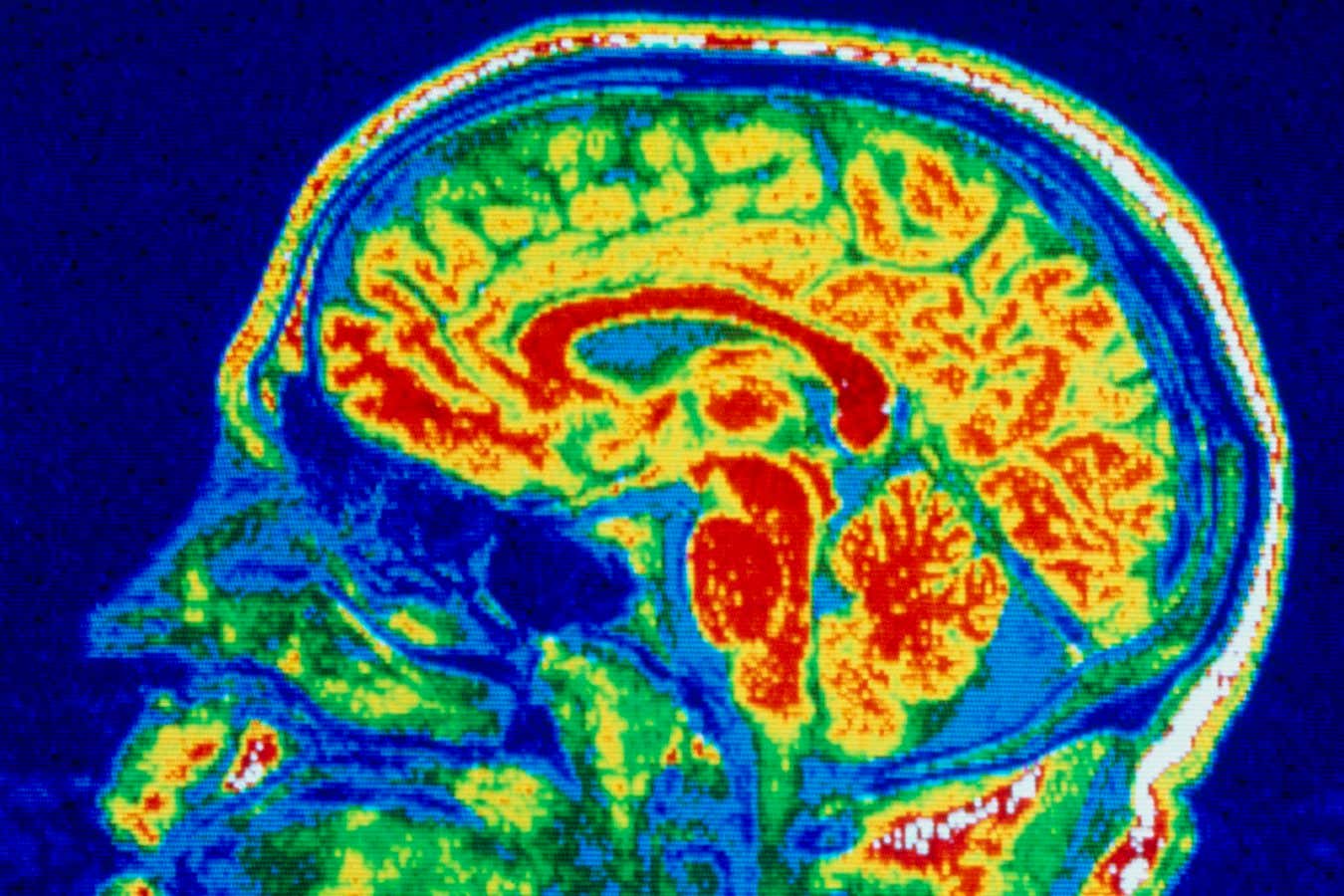Now Reading: Study Finds Eating Disorder-Linked Brain Changes Similar to OCD, Autism
1
-
01
Study Finds Eating Disorder-Linked Brain Changes Similar to OCD, Autism
Study Finds Eating Disorder-Linked Brain Changes Similar to OCD, Autism

Quick Summary
- A study reveals that children with anorexia nervosa experience widespread brain changes not solely explained by malnutrition, possibly indicating underlying neurological processes behind the disorder.
- Researchers compared brain scans from 124 children with anorexia, 50 with avoidant/restrictive food intake disorder (ARFID), and 116 without eating disorders.
- Results showed substantially thinner cortices in 32 regions of the brains of children with anorexia, particularly in areas like the superior parietal lobule related to sensory facts processing. Similar cortical thinning has been noted in older adolescents or adults with anorexia; partial restoration is absolutely possible with BMI recovery.
- Children diagnosed with ARFID showed no major cortical thickness differences compared to peers without eating disorders, suggesting different neurological effects between ARFID and anorexia despite shared physical symptoms like malnutrition.
- Neurological correlations link anorexia and obsessive-compulsive disorder (OCD) as well as ARFID and autism based on their symptom overlap-obsessions for OCD/anorexia and sensory sensitivities for autism/ARFID respectively. However, disentangling these conditions remains complex since patients often have multiple mental health diagnoses.
Stay Informed With the Latest & Most Important News
Previous Post
Next Post
Loading Next Post...

























